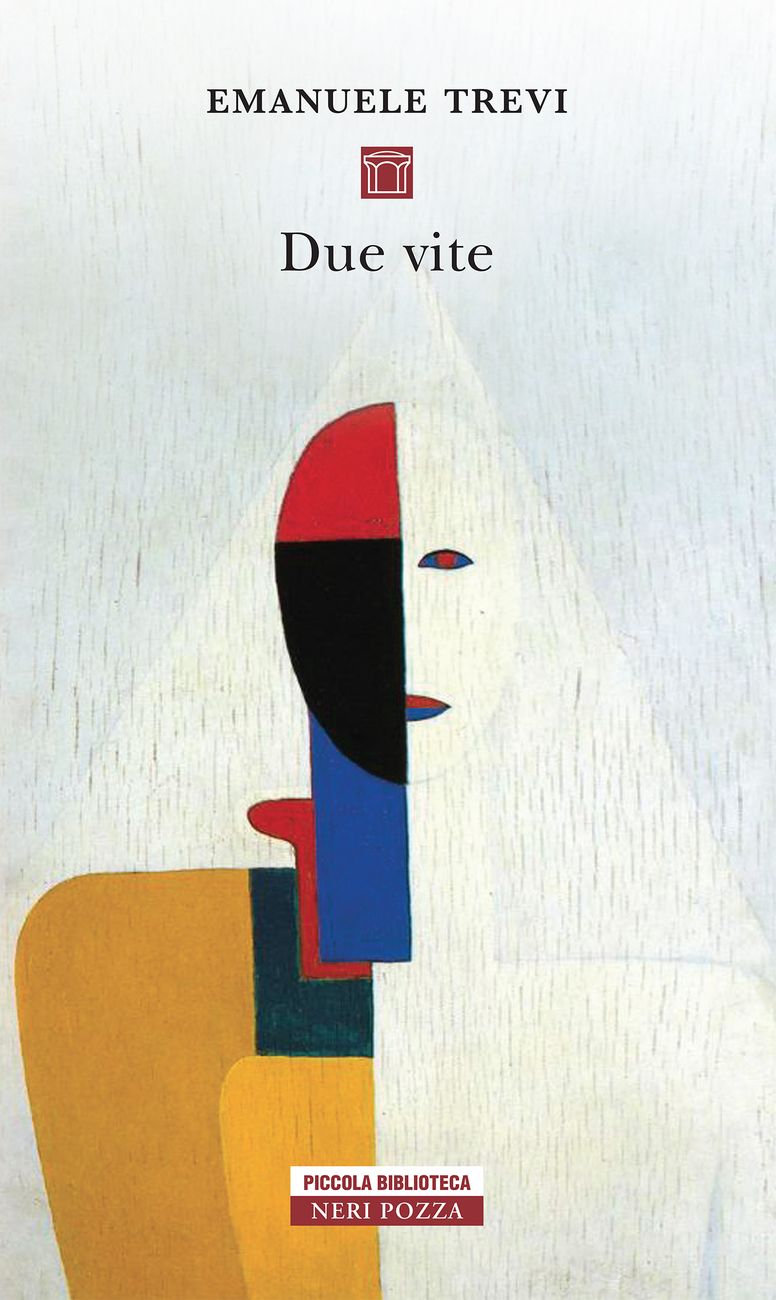The column that talks about the future edited by Spazio Taverna gives the floor to the writer Emanuele Trevi, winner of the Strega prize in 2021. Result? A reflection on the current world, on its link with art and spirituality and on the difficult relationship with the present
Emanuele Trevi was born in Rome in 1964. He collaborates with the Corriere della Sera and with the Manifest. Among his works: The dogs of nothingness (Einaudi, 2003), Without verse. A summer in Rome (Laterza, 2004), The book of perpetual joy (Rizzoli, 2010), Something written (Ponte alle Grazie, 2012), The wooden people (Einaudi, 2015) and Dreams and fairy tales (Ponte alle Grazie, 2019). With Neri Pozza he published Two lives (2020), winner of the LXXV edition of the Strega Prize in 2021.
What are your references inart?
For me, art, if I had to define it, is what I’m going to see, and all the conditions of visibility that arise in that particular and unrepeatable moment. I am looking for everything that cannot fit in a reproduction. So the most recent experiences always have the greatest effect on me, for example the Gnoli exhibition at the Prada Foundation struck me a lot this autumn, more recently an extraordinary exhibition by Guido Reni curated by Francesca Cappelletti at the Borghese Gallery. These are really very inspiring things. For me, a constant point of reference is the work of Luigi Ontani, about which I have written a lot.
Qual is the project that represents you the most? Can you tell us its genesis?
I really don’t know what to answer! It catches me off guard. I invest a lot in what I’m doing, in short, in the immediate future. So I hope that the book I’m writing is the one that represents me the most, because I always want to test myself, challenge myself.
How important is the genius loci for you in your work?
Well, I read an interesting polemical essay by the critic Stefano Chiodi, very negative on the very concept of GL. I must say, however, that as far as I am concerned, precisely because of the type of stories I write, it cannot but matter. If you are sensitive to places and their connections to time, GL is a part of the game. The thing that interests me least is universality, I am pleased to have translations in many languages but it is not a dimension that attracts me.

PAST AND FUTURE ACCORDING TO EMANUELE TREVI
How important is the past to imagine and build the future? Do you believe that the future can have an ancient heart?
The great civilizations have always been the ones that have best inherited what came from their past. It may also be that humanity, in her madness, renounces inheriting. The so-called cancel culture is only one of the possible modalities of this amputation. In such a dark period, even the slightest gesture of safeguarding and transmission becomes precious.
What advice would you give to a young person who wants to go your own way?
The fundamental advice is always the same: play all your cards on your vocation, as if you have no other possibility. There is nothing easy, nothing free in what we do. You cannot cultivate an art as a hobby. You have to destroy yourself on what you do. Kafka used to say that the true meaning of the expression “know yourself” is “destroy yourself”.
In a definite epoch of post-truth, does the concept of the sacred still have importance and force?
It is relatively easy to obliterate the past; the sacred is more difficult to do without, the sacred chooses well the masks through which it manifests itself. The holiest place I have seen in the world is the underground ring of CERN in Geneva, where the effects of acceleration on particles are studied. It had the same effect on me as the ruins of the Eleusinian sanctuary or certain Gothic architecture. Let’s say that the sacred is found wherever a door opens onto the invisible.
How do you imagine the future? Could you give us three ideas that you think will guide the next few years?
By nature I am very pessimistic, because I was young in a welcoming world, where you could travel anywhere, where you could feel at home. The cycle that began in 2001 seems to me to be one of the terrible ones in human history. I hope this apocalyptic feeling of mine is a mistake, a partial vision. However, I can’t define some guiding ideas, I’ve never thought about it.
– Ludovico Pratesi

